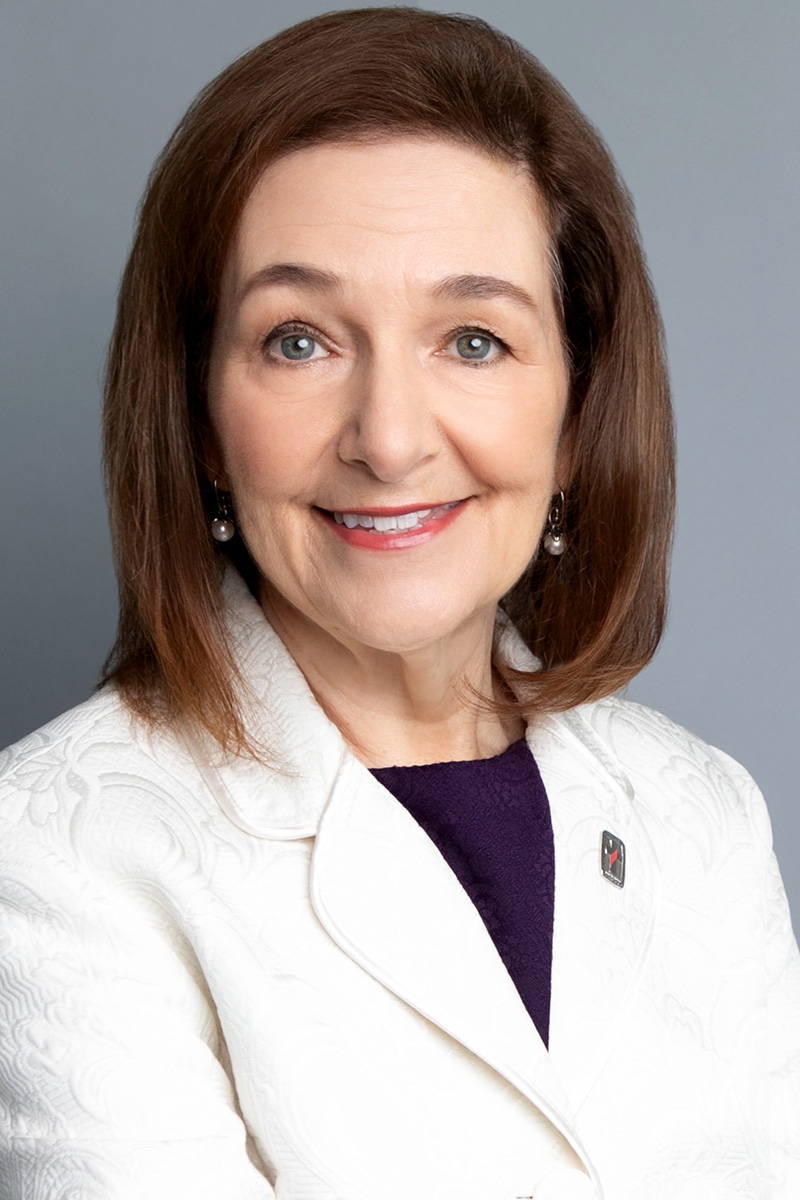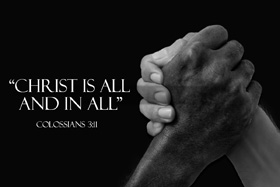
The Rev. Constance Hastings
Photo courtesy of the Rev. Constance Hastings.
Photo courtesy of the Rev. Constance Hastings.
On Wildwood beaches, you walk a long way to get to the water and then a long way to get past the waves to swim. Going out beyond the breakers, we got caught in the undertow. I remember paddling hard and looking toward the lifeguard on the beach, but we were too little and too far away to be seen. We were in literal deep trouble.
And then I felt a hand grab my skinny little arm, lifting my body up and over the waves and placing me on solid ground. A deep voice ordered, “Get back on the beach.”
This person saved my life. But you also must understand this became a traumatic memory that I repressed for decades. Psychologists will tell you children have the ability to protect their frail psyches by repressing trauma. Yet those memories will return and as adults, persons need to examine and wrestle with the experience.
Realizing how my life nearly ended wasn’t the source of my trauma. My trauma was that I was absolutely mortified that the man who saved my life was Black.
Growing up, I don’t remember being told that Black people were bad; it happened in a more subtle way. My parents’ business practice was clear: We did not rent our rooms to Black people. When they came to the motel office, I learned to say with a straight face that we had no vacancies or the room rental price would be ridiculously high.
Commentaries
UM News publishes various commentaries about issues in the denomination. The opinion pieces reflect a variety of viewpoints and are the opinions of the writers, not the UM News staff.
By saving my life, this man reached across a boundary that intuitively I knew was not allowed. However, the racism I’d learned left me mortified rather than grateful.
It was around 40 years later that this repressed memory returned. When it did, I discovered how fraudulent my feelings were.
I carried within me the ability to be prejudiced in the worst way, to build my esteem in paternalistic and self-serving ways on those who lacked the opportunities I take for granted due to white privilege. God took me on a path of sorting out what I should understand of this memory and how I needed to live out the grace that was afforded me in not only saving my life, but in saving my life for a purpose that eventually was ordained of God as a United Methodist deacon called to Word, Service, Compassion and Justice.
We Are God's Family: Personal Encounters with Racism

UM News is inviting people to share their own personal stories about encounters with racism, as well as hopes and ideas for combating it.
But from persons of color, I do not get any excuses. I know anger and realize, for this, I deserve a good measure of hate. Eventually, someone helped me understand that for whites I am seen as an individual in conflict, but for Blacks I am a product of racism to the fullest degree and how it twists persons. Likely both are right in their own way, but regardless, in God’s eyes, what I felt was not acceptable.
The parable of the Good Samaritan has been a restorative source for me. I learned to understand what it means to see one’s enemy as neighbor and to love as God would have us love. Some have told me this man — my Samaritan, my enemy and my neighbor — was an angel. Sending an angel to not only save my life but save me for a sacred journey is certainly within the realm of God.
Honestly, I prefer to believe he really was just a man whose arm extended and reached beyond his heritage of slavery and oppression, who put aside those who would keep Blacks from sleeping in the same motel rooms as whites, whose life daily had to bear unfair burdens and whose faith mirrored the teaching of Jesus.
Instead, he became my neighbor and reached his arm into a margin of grace, such that a child like me could know a love of Jesus that changes the world with a love in which one’s enemy becomes one’s neighbor.
Hastings is a retired United Methodist deacon, a blogger and author of the upcoming book “The Trouble With Jesus.”
News media contact: Tim Tanton or Joey Butler at (615) 742-5470 or [email protected]. To read more United Methodist news, subscribe to the free Daily or Weekly Digests.
Like what you're reading? Support the ministry of UM News! Your support ensures the latest denominational news, dynamic stories and informative articles will continue to connect our global community. Make a tax-deductible donation at ResourceUMC.org/GiveUMCom.



